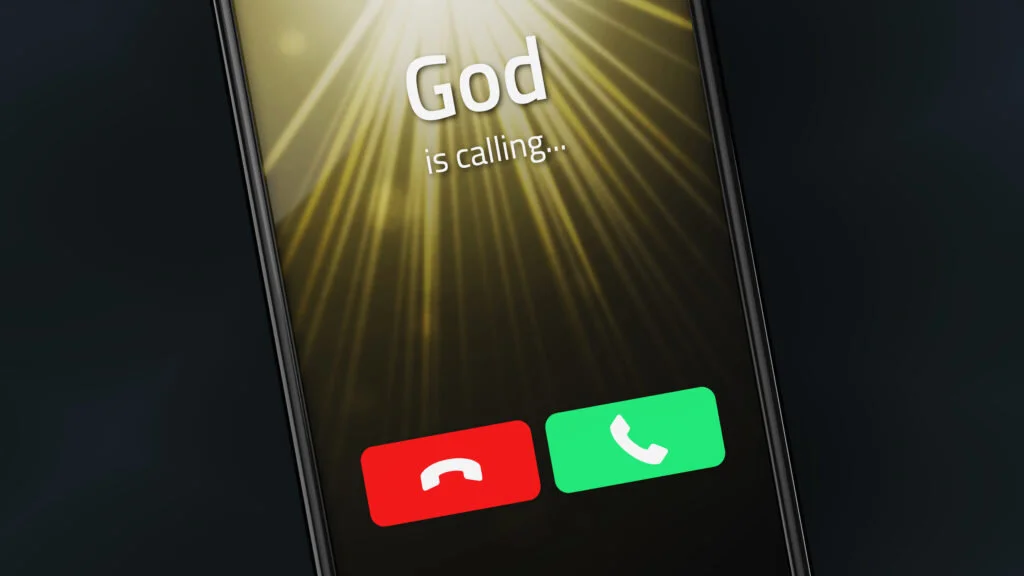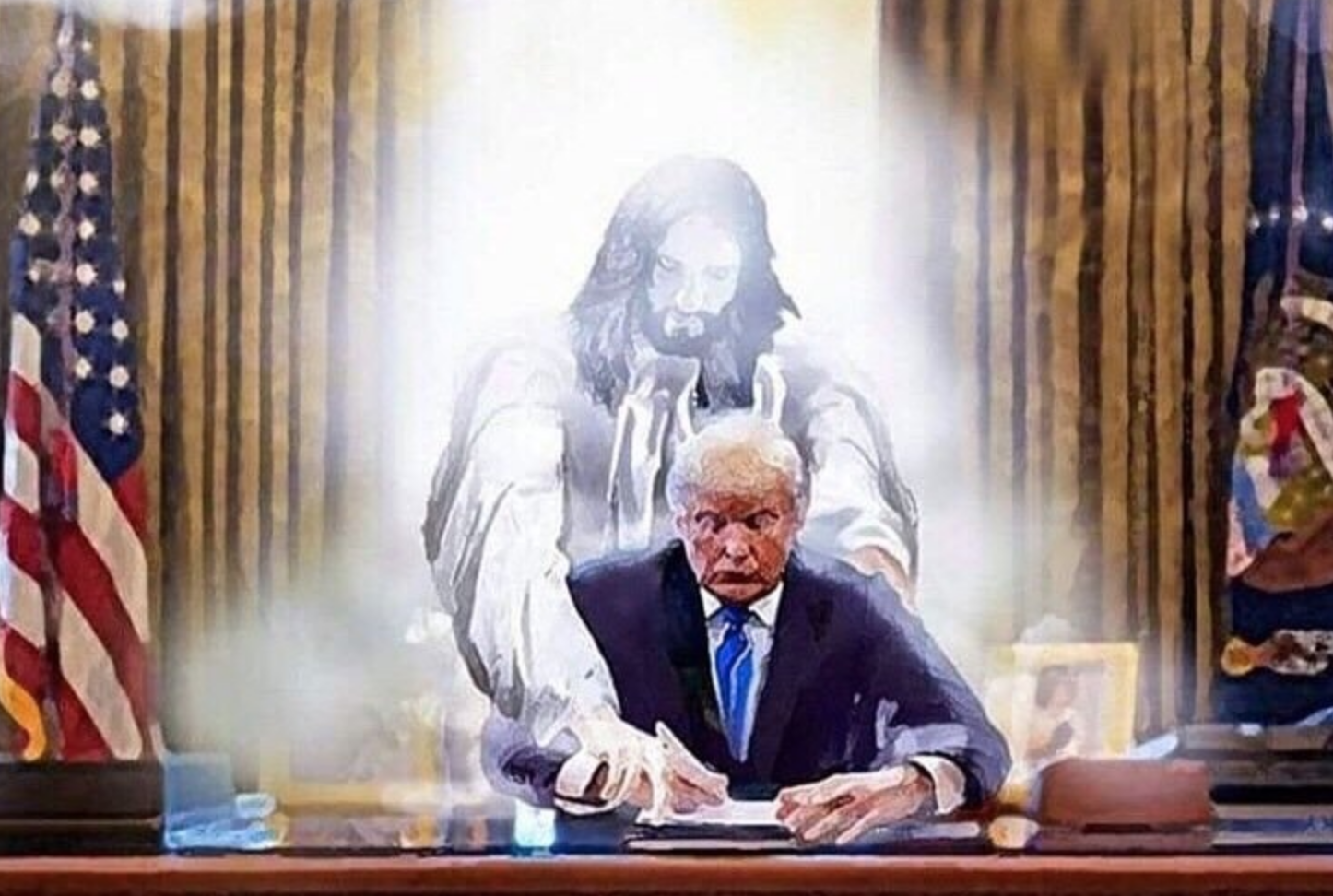The structure of St. Baglan's Church in North Wales is simple, with plastered stone walls and whitewashed timbers between the slate slabs of its roof and floor.
The 13th Century sanctuary was rebuilt in the 1800s, but the carved doorway lintel dates from the 5th or 6th century. An adjacent field contains the 7th Century well of St. Baglan and for ages the faithful sought healing in its waters.
"This church was built on the site of an earlier church and there were sanctuaries here before that. People in Wales have been coming to sites like this for worship back into pre-Christian times," said Rachel Morley, director of the Friends of Friendless Churches since 2018.
During a visit to Llanfaglan parish in Wales, this tiny, abandoned sanctuary was surrounded by sea mists and low clouds from the mountains, she said. Then the sunset light over the Irish Sea "shot under the eaves and the church lit up inside with golden light. It was a complete sensory overload. That had to mean something."
Was this church designed so that this light would illumine the prayers of evensong? That's the kind of question members of the Friends of Friendless Churches have been asking since 1957, when Welsh journalist Ivor Bulmer-Thomas founded the charity with the help of poet T.S. Eliot, artist John Piper, British politician Roy Harris Jenkins and others.
The goal was to preserve historic, "significant" churches "threatened by demolition, decay, or inappropriate conversion." By the end of 2021, the charity will control 60 churches in England and Wales, almost all of them Anglican sanctuaries.
Year after year, the Friends of Friendless Churches watch as 30 or so truly historic churches go on sale and "there could be many more closed at any time," said Morley, reached by telephone.










